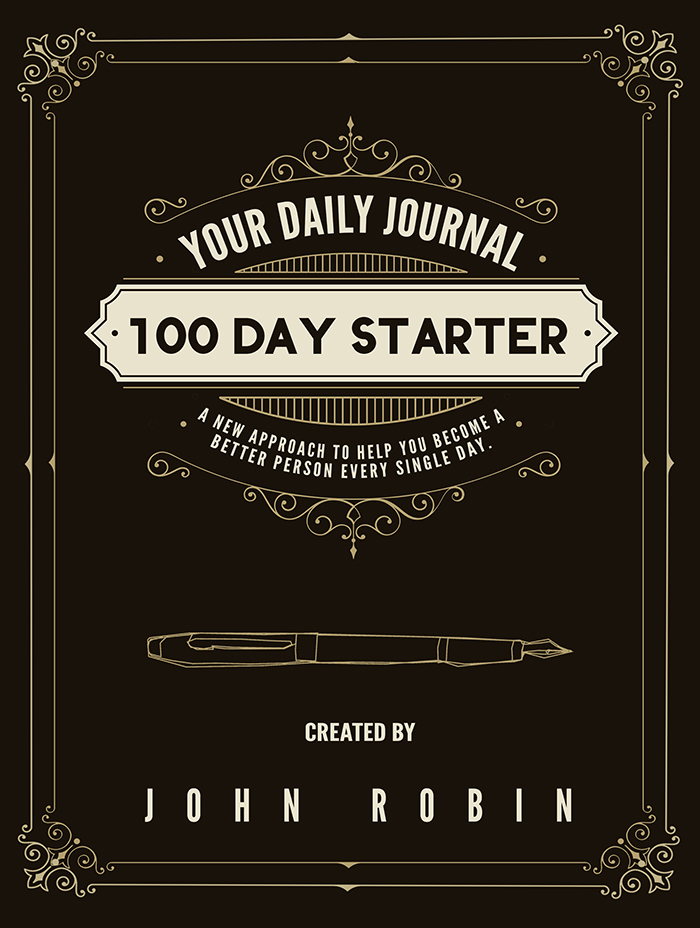Today, my World Builders guest is science fiction author James Roberts.
 James is a mathematics student who is adamant that communication is possible. He writes between solving equations and contemplating our eventual oblivion. His notable achievements include 7am starts and the creation of a blog, which has been known to exceed ten views on a single post. He spends his spare time playing squash, reading Dostoyevsky and foisting his work on his friends (a group which includes two other writers and the backspace key). He lives in Buckinghamshire, UK.
James is a mathematics student who is adamant that communication is possible. He writes between solving equations and contemplating our eventual oblivion. His notable achievements include 7am starts and the creation of a blog, which has been known to exceed ten views on a single post. He spends his spare time playing squash, reading Dostoyevsky and foisting his work on his friends (a group which includes two other writers and the backspace key). He lives in Buckinghamshire, UK.
Here, now, are James’s insights on world building.
What is the appeal of world building to you? How does it compare to the importance of character and plot?
People are social animals. They care about people. The best stories boil down to the adventures of the people involved, and the characters they meet along the way. I share Stephen King’s approach to writing: that is, situational. For me, writing is about putting people in interesting situations and watching what they do about it. World building is a way of putting people in interesting situations and seeing how human nature unfolds and adapts to the niche. World building is a way of putting people in situations that could never occur in real life, of transporting our characters into worlds that can only exist in our minds, and then inviting our readers to share in their experiences. But there have to be experiences. There have to be dilemmas, adventures, emotional turns and decisions. And, above all, no matter how unrealistic your world may be, it has to feel real.
For instance, if I tell you that my book is fantastic, you don’t believe me, do you? You just don’t believe me. If you did, writing would be easy. I’d just begin the book with the statement, this is a good book, and leave it there. Done. It doesn’t quite work, does it? You have to convince your readers that what you are saying is true, and convey it in such a way that they are forced to believe it. Whence books like Murakami’s. Little people stepping out of dead goats’ mouths and weaving cocoons that hatch to reveal phantom doppelgängers? Sounds barmy, right? But I sure as hell believe it when I read his books. As far as I’m concerned, it might as well be true. And it feels true because the story is human.
Readers will be willing to go anywhere, if only you earn their trust. And you do that by making your characters human and intensely believable, as if they might leave the page and enter the reader’s life. Only then will a reader trust you enough to enter your world. Only then can the magic of a sublime universe of your creation become a beautiful thing to them as well as you.
Good world building ideas are ten-a-penny. There are dozens of Michaelangelos on the streets, as the saying goes. A world is made unique and beautiful by being painted through the eyes of our characters. If you think about your world building ideas, they may each be fantastic on an intellectual level. They may be subtle, great cathedrals of complexity and thought that make you excited. But to someone who reads fantasy or science fiction, they will be nothing but cardboard, will taste as insipid as diluted wine, unless they are given the emotional charge that comes from the eyes of a character. Great worlds are made by the stories in them, and how the objects and creations feed into human nature to make interesting stories. Only once you have earned the respect of a reader will they be interested in your world. As Flaubert said, ‘a writer should be like a god in his world: everywhere present but nowhere visible.’ So don’t throw your world down the throats of your readers, because they won’t care. Reveal your world through stories and emotions. Because the real world doesn’t jump out at you every day. Your life is populated by people, and you don’t give a spit for your surroundings except for at isolated times. Such is how your characters should feel about your world. People care about people. It is a lighthouse principle; it can guide or be ignored. The lighthouse itself doesn’t much care either way, but it will always be there regardless. Use its light.
What are some fundamental rules to world building you would say are important to every writer in the fantasy genre?
Here’s what I see as the fundamental rule behind world building. Everything’s fair game, as long as it’s decided beforehand. For instance, if I created a world in which there was nowhere to stand, and everybody lived by flying around on the backs of giant purple pigs that breathed rainbows, that would be okay as long as it was made clear from the start. Then it can get out of the way and we can get on with the story. People are willing to believe almost anything at the beginning of a book, as long as they believe that the characters believe it. But if you start introducing things as the story goes along, your readers will think you haven’t got the whole gig worked out and you’re just making things up to cover an incompetence for closing plots well. Being a mathematician, I’m drawn to the metaphor of axioms. Establish your axioms early on, then once they’re established, you can get on with the story, safe in the knowledge that your world can be believably built on later on. Then, any concerns about the consistency and congruence of the world will be flattened, as long everything about the world can be derived from the basic assumptions you made at the start.
Secondly, don’t let the world get in the way of the story. As someone famous said, ‘often ideas are only triggers, nothing more’. So if the story would be more interesting if you scrapped this or that, then scrap it. This is the phenomenon of a story writing itself. Because the reality is that, down in the jungle of writing, nothing looks like what it seemed when you were standing above with your pen and paper and diagrams. Characters write themselves, and sometimes they break free of the page and do their own thing, and if you have to sacrifice one or two elements of your world, or find that you haven’t yet had time to introduce critical elements of your world building because the characters were so busy living their damn lives and going on an adventure, I’d say put your pride in your pocket and go with the flow. Stephen King wrote about this in On Writing, (which I recommend everyone read. It’s an education in writing even if you ignore the messages behind it and just read how it’s written!) where he said one of his books was about a couple in a hotel but turned into a story about the hotel manager’s relationship with them. It happened with my most recent novel, which was supposed to be about people who lived in your subconscious and assassinated the people you imagined in dreams, so as to make room for more the next day. But, thirty thousand words in, I still haven’t written about that because the story turned into one about the relationship a best friend had with a couple, and how important attachment is in our lives in a world where the characters can achieve it artificially with drugs. Go with the flow.
At the end of the day, though, most writers probably know how to write already, without having to read advice blogs. Just write words, get on with the story, make it about people, go with the flow. Rules and maxims aren’t much use unless you’re going to make a change and use them. It’s no good just reading advice and not changing your style. As Nietzsche said, “Present day readers of maxims take a relatively insignificant delight in them, scarcely a mouthful of pleasure; they react like typical viewers of cameos, praising them because they cannot love them, and quick to admire but even quicker to run away.” So just read Stephen King’s book, and get writing!
What aspects of the world do you have to figure out before you start a story? What do you allow to unfold as you write?
I usually work out the basics of what I want the story to be about, and how it should fit into my world, and make sure that any inconsistencies are ironed out in advance and I know my ‘axioms’. If it’s something as small as my most recent, which features only a psychedelic, attachment-advancing pill, this is pretty easy. If it’s like my previous, involving an entirely new planet with adjusted laws of physics regarding energy transfer which meant pretty much all of nature and physics had to be reconsidered, it can take longer. One thing I don’t try to do is work out which parts of the world will be important before I start writing. As I said, it looks different once you’re down there. If you’re lucky, the story will write itself. And if you don’t get to say what you originally wanted to say, or fully reveal your world, boo hoo. Who cares. Write another one afterwards. As the metaphor goes, writing is like excavating. If you think you’ve found some velociraptor bones, you start digging and they turn out to be some kind of bird, it doesn’t matter. Maybe it’s a really interesting bird. Maybe (and it would break your heart to admit it) the bird is just a teeny bit more interesting than you thought the velociraptor would be. Either way, you can’t just rearrange the bones and pretend it was a velociraptor, after all. Because nobody will believe you.
As a last word, I try not to over-plan. I find it all too easy to get paralysed by the enormity of my world and the plans I have. If possible, I try to improvise at least a couple of thousand words, just to see which characters come out. And if they don’t work, it doesn’t matter. I can throw it all away. At the end of the day, writing is about putting words on the page. And if you can’t do that, well, you might as well go home.
Be sure to check out James Roberts’s science fiction novel-in-progress on his blog, starting with chapter one.
In a world where drugs called teardrops offer instant, deep emotional connections, Alia, Ruby and Daxan work to overcome the damage of the past and come to terms with the true meaning of attachment.
If you’d like to learn more about James and his work, you can connect with him in the following places:
Website & Blog (this link takes you to chapter one of his work-in-progress): https://quillseeds.wordpress.com/2015/11/01/nano-1-mr-keba/
Twitter: @JamesEdwRoberts
Email: j.roberts536 “at” gmail “dot” com



Great interview. I enjoyed it with my morning coffee. We must all get our axioms in order.
So glad you paired this with your morning cup of coffee. Hope you enjoy the other great interviews here and glad to connect!